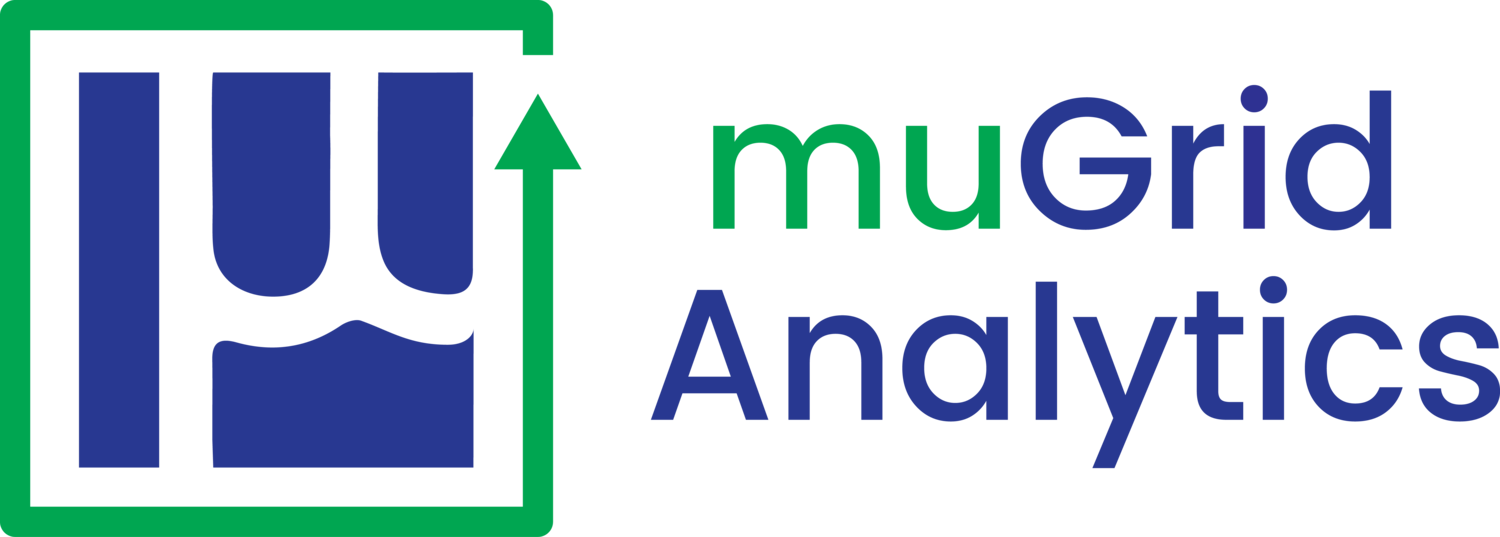Blog
Flattening the Curve: Bringing Predictability to Pandemic Response and Distributed Energy
“Flattening the curve” is not a new concept. In fact, it’s something that we in the energy industry work on every single day.
Surely you are no stranger to the term “flatten the curve,” embedded in our lexicon by the current COVID-19 pandemic. Recently, I’ve been struck by the similarities between reducing the risk of spreading disease and what we at muGrid do every day: mitigating energy costs.
Dr. Travis Simpkins To Present At The Critical Power Expo 2018
muGrid CTO Dr. Travis Simpkins will be speaking at the Critical Power Expo on Thursday, September 13, 2018 at 2 PM. His talk Optimizing Battery Sizing & Dispatching to Maximize the Economic Return of Grid-Connected Microgrids is part of the Critical Power Tech forum, and is free to attend.
The Critical Power Expo is part of The Battery Show conference running from September 11-13, 2018 at the Suburban Showcase in Novi, Michigan. It is one of the premier conferences for backup power, microgrids, and electric vehicles and drew over 5,000 attendees last year.
Dr. Simpkins To Present At The Colorado Renewable Energy Society
Dr. Simpkins will be presenting at the Boulder chapter of the Colorado Renewable Energy Society on June 13, 2018, at 6:30 PM. The topic of the talk will be Optimizing Battery Sizing and Dispatching To Maximize Economic Return.
Webinar — Resilient Power in Practice: Lessons Learned from the Field
If you’re interested in power resiliency, you’ll want to check out this upcoming Clean Energy Group webinar featuring muGrid Analytics’ own Dr. Travis Simpkins along with our partner Geoff Oxnam of American Microgrid Solutions talking real projects, real economics, and real tradeoffs.
5 Reasons Why Automating The Design Of Your Energy Project Will Cost You
The thing is, the new energy industry is not yet in the algorithm stage of maturity. This feels silly, because the traditional energy industry is old and seen as an area lacking in innovation. But here we are on the cusp of seeing our entire energy infrastructure undergo a total butterfly-like transformation, and innovation is at the core of that transformation. Everything old is new again, and we as an industry find ourselves back at the Mystery and Heuristic stages of technology development.
The new energy industry is just not ready for full automation of the feasibility, design, and operational processes. It is coming. We will get there. Some energy applications (solar) are more advanced along the path of maturity than others (energy storage, energy trading). But for now, you should absolutely want to have a human in the loop while designing and deploying energy systems.
Here are five reasons you should always want human eyes on whatever analysis you commission to design, build, and operate systems of DERs:
What is Battery Energy Storage Revenue Stacking?
Stationary batteries can make or save money in a variety of ways.
They can be used to directly reduce your utility bill by performing demand charge management (also called peak shaving) and to energy arbitrage. Or they can generate revenue in the form of cash payments for providing demand response, frequency regulation, or other ancillary services to the grid. Depending on the location, batteries may also enable utilities to defer the upgrades of their substations and other distribution equipment, which can have significant value which they may partially pass on to you. And of course, the most traditional use of a battery is to provide backup power during times that the grid goes down, which can have real value, even if no money is transacted.







